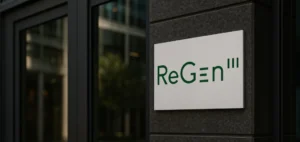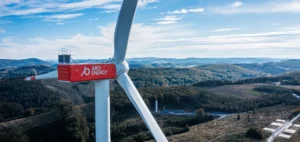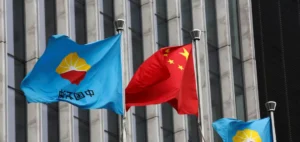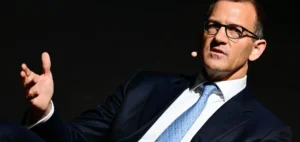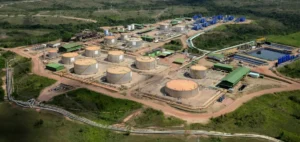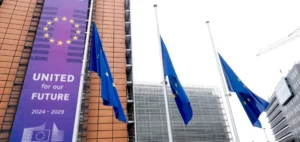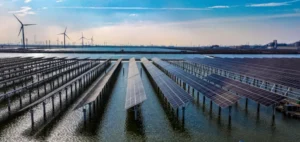In France, a “malfunction”, perhaps caused by a human error, has lost last week some 60 million euros to Electricity of Strasbourg (ES), a subsidiary of EDF, during an “erroneous” sale of huge quantities of electricity on the market, learned Monday from the company and RTE.
The operator sold on the market, in two times, electricity that it did not have, and that it had to buy back at a high price… forcing the manager of the electricity network to urgently solicit neighboring countries to possibly prevent power cuts.
“As part of the recurring electricity supply activity of ÉS Énergies Strasbourg, the marketing subsidiary of the ÉS group, market transactions were issued in the wrong quantity, respectively 2.03 GW and 5.75 GW (…) on 6 and 7 September,” Électricité de Strasbourg said in a statement on Thursday, confirming information from the Financial Times.
The “estimated cost” of the incident amounted to 60 million euros, the company said later.
“We operated on the markets erroneously orders for unusual quantities,” explained Frederic Thiry, director of communication of ÉS, a local distribution company, 89% subsidiary of EDF.
According to the first elements of the internal investigation, “a malfunction of the information system” is at the origin of this incident detected on September 7, even if the company does not exclude either that a “human error is at the origin of a computer runaway”.
In any case, the incident forced the company to buy back electricity on the wholesale market at more than 500 euros per MWh, very high prices, due to the surge in energy prices.
According to RTE, these rebalancing and volume readjustment operations have thus avoided tensions on an already weakened electricity network, due to the unavailability of more than half of the French nuclear fleet.
Contacted by the AFP, the manager of the electric network RTE confirms that “there was an incident which could have caused tensions.
As a precaution, we asked our neighboring countries to see if they could help us”, which in the end did not happen because of this “rebalancing” operated by ÉS, explained a spokeswoman.
ÉS, which produces renewable energy and provides electricity to some 560,000 subscribers at the regulated rate, said the malfunction would have “no consequences” for its customers, “both on their contract and on prices. In 2021, its net income was 66.7 million euros.





